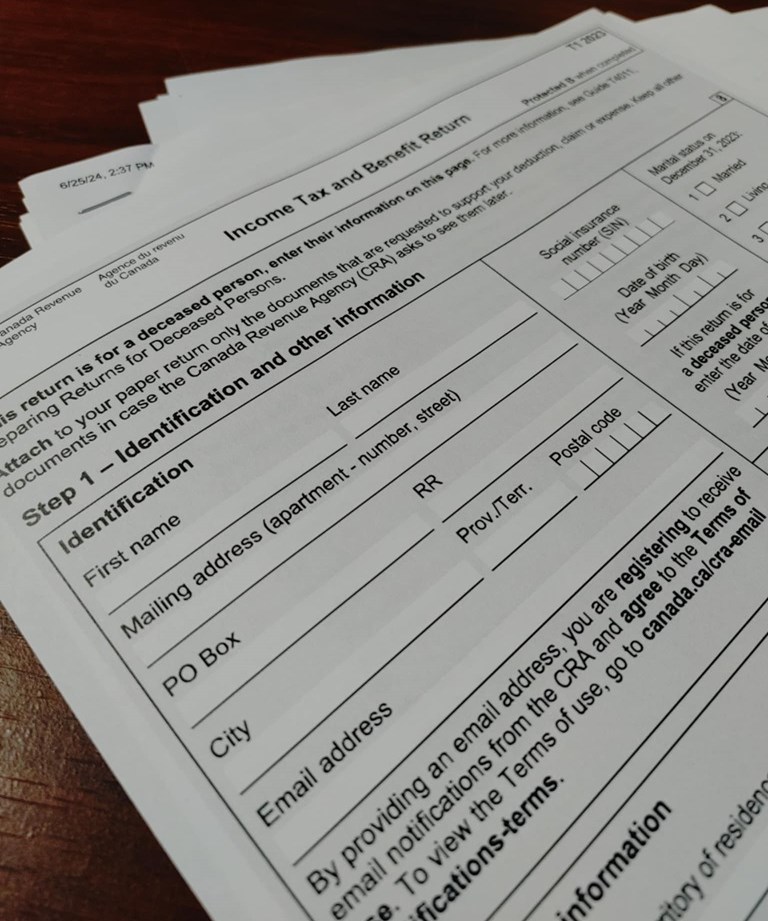Tax Filing Season 2025: Key Credits to Claim and Common Errors to Avoid
As tax filing season gets underway, taxpayers must be diligent in maximizing their returns while avoiding costly mistakes. Whether you’re filing independently or seeking professional assistance, understanding available credits and common errors can make a significant difference in your final tax bill.
Tax Credits You Shouldn’t Overlook
Tax credits directly reduce the amount of tax owed, often providing substantial savings. Here are some of the most valuable credits to consider when filing your 2024 tax return:
1. Earned Income Tax Credit (EITC)
The Earned Income Tax Credit (EITC) is designed to assist low- to moderate-income workers. For tax year 2024, the credit ranges from $600 to over $7,000, depending on income, filing status, and number of dependents. Many taxpayers miss out on this credit because they mistakenly assume they don’t qualify. If you earned income from employment or self-employment, check your eligibility before filing.
2. Child Tax Credit (CTC)
Families with qualifying children under age 17 can claim the Child Tax Credit. For 2024, the maximum credit remains at $2,000 per child, with up to $1,600 refundable under the Additional Child Tax Credit. Recent legislative discussions have aimed at increasing the refundable portion, so taxpayers should stay updated on any last-minute changes before filing.
3. American Opportunity Tax Credit (AOTC) and Lifetime Learning Credit (LLC)
For students and parents paying for higher education, the American Opportunity Tax Credit provides up to $2,500 per eligible student, with 40% refundable. The Lifetime Learning Credit, though non-refundable, offers up to $2,000 per return for tuition and related expenses. Taxpayers can only claim one of these education credits per student per year, so it’s crucial to choose the most beneficial option.
4. Saver’s Credit
If you contributed to a retirement account in 2024, you may qualify for the Saver’s Credit, which rewards low- and middle-income taxpayers for saving for retirement. The credit can be worth up to $1,000 ($2,000 for married couples filing jointly) and applies to contributions to IRAs, 401(k)s, and certain other retirement plans.
5. Energy-Efficient Home and Vehicle Credits
With the push toward sustainability, homeowners and car buyers can benefit from tax credits for energy-efficient improvements. The Residential Clean Energy Credit covers 30% of the cost of qualifying home upgrades, while the Clean Vehicle Credit offers up to $7,500 for purchasing eligible electric or hybrid vehicles.
Common Tax Filing Mistakes to Avoid
Errors on your tax return can lead to processing delays, missed refunds, or even penalties. Here are some of the most frequent mistakes taxpayers make and how to prevent them:
1. Filing with Incorrect Personal Information
Simple errors like misspelled names, incorrect Social Security numbers, or outdated addresses can delay your return. Double-check all personal details before submitting your tax forms.
2. Choosing the Wrong Filing Status
Selecting the incorrect filing status—such as “Single” instead of “Head of Household”—can impact your deductions and tax liabilities. If you’re unsure, use the IRS’s online tool or consult a tax professional.
3. Math and Calculation Mistakes
Even with tax software, manual entry errors can occur. Ensure your figures match official documents like W-2s, 1099s, and 1098s. The IRS automatically corrects basic math errors but may require additional verification for larger discrepancies.
4. Forgetting to Report All Income
All taxable income must be reported, including gig economy earnings, freelance work, and investment income. If you received 1099 forms or earned self-employment income, include them to avoid IRS scrutiny.
5. Overlooking Eligible Deductions and Credits
Many taxpayers either fail to claim available deductions or claim ones they don’t qualify for. Stay informed about changes to deductions, especially if you itemize instead of taking the standard deduction.
6. Not E-Filing or Choosing Direct Deposit
E-filing and selecting direct deposit for refunds can speed up processing times and reduce errors. Paper returns take longer to process and are more prone to manual mistakes.
7. Missing the Tax Deadline
The deadline to file 2024 tax returns is April 15, 2025. If you need more time, request an extension by filing Form 4868 by the deadline, but remember that extensions only apply to filing, not payment. If you owe taxes, you must still make an estimated payment to avoid penalties and interest.
Final Tips for a Smooth Tax Season
Gather all necessary documents early. Collect W-2s, 1099s, mortgage interest statements, and any records for deductions or credits before you begin filing.
Use tax software or a professional preparer. Reliable tax software can help avoid mistakes, while a certified tax professional can offer expert advice tailored to your situation.
Check IRS updates. Tax laws can change, so stay updated on IRS announcements regarding credits, deductions, and filing guidelines.
By claiming all eligible tax credits and avoiding common errors, you can maximize your refund and ensure a hassle-free filing process. With the April 15 deadline approaching, now is the time to get organized and file your 2024 tax return accurately and efficiently.
Source : Swifteradio.com


